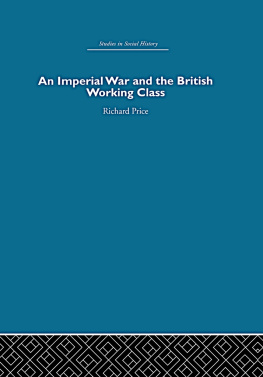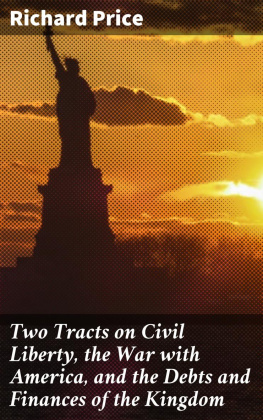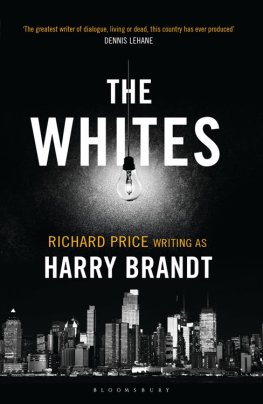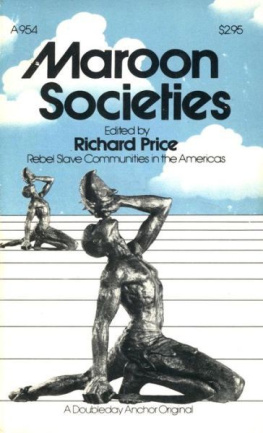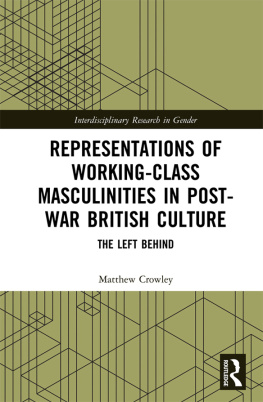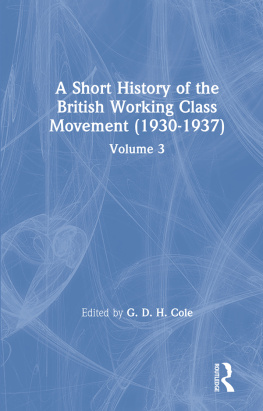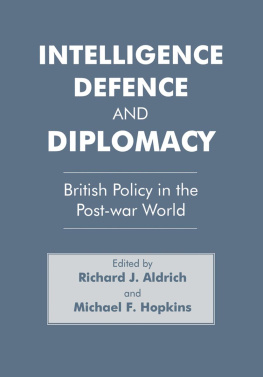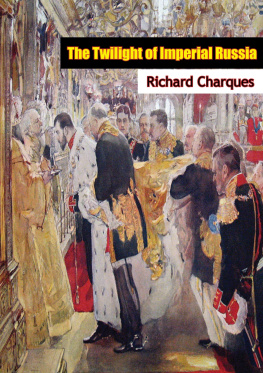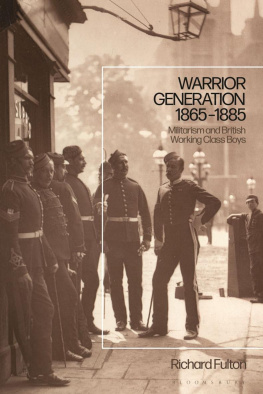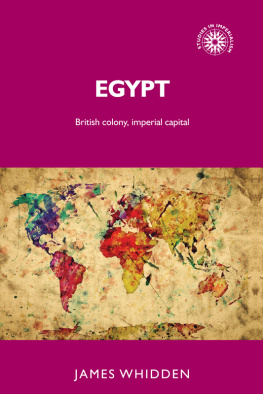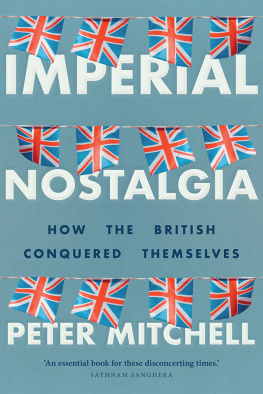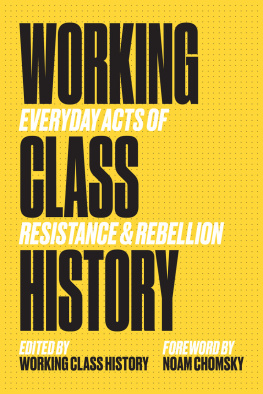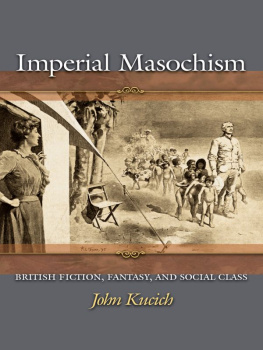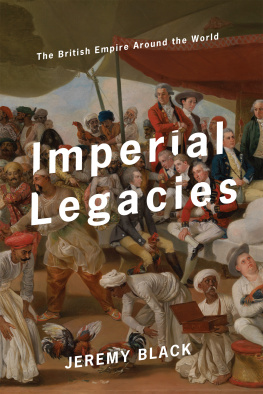

First published in 1972
This edition published in 2007 by
Routledge
2 Park Square, Milton Park, Abingdon, Oxon, OX14 4RN
Routledge is an imprint of Taylor & Francis Group, an informa business
Transferred to Digital Printing 2010
1972 Richard N. Price
All rights reserved. No part of this book may be reprinted or reproduced or utilized in any form or by any electronic, mechanical, or other means, now known or hereafter invented, including photocopying and recording, or in any information storage or retrieval system, without permission in writing from the publishers.
The publishers have made every effort to contact authors and copyright holders of the works reprinted in the Studies in Social History series. This has not been possible in every case, however, and we would welcome correspondence from those individuals or organisations we have been unable to trace.
These reprints are taken from original copies of each book. In many cases the condition of these originals is not perfect. The publisher has gone to great lengths to ensure the quality of these reprints, but wishes to point out that certain characteristics of the original copies will, of necessity, be apparent in reprints thereof.
British Library Cataloguing in Publication Data
A CIP catalogue record for this book is available from the British Library
An Imperial War and the British Working Class
ISBN 10: 0-415-41292-7 (volume)
ISBN10: 0-415-40266-2 (set)
ISBN13: 978-0-415-41292-6 (volume)
ISBN13: 978-0-415-40266-8 (set)
eISBN: 978-1-134-52978-0
Routledge Library Editions: Studies in Social History
First published 1972
by Routledge and Kegan Paul Ltd
and in Canada and in the United States of America by
University of Toronto Press
Toronto and Buffalo
Printed in Great Britain by
Western Printing Services Ltd, Bristol
CopyrightRichard N. Price 1972
No part of this book may be reproduced in any form without permission from the publisher, except for the quotation of brief passages in criticism
RKP ISBN 0 7100 7229 5
UTP ISBN 0 8020 1882 3
UTP Microfiche ISBN 0 8020 0222 6
TO MY MOTHER AND FATHER
This book evolved from a D.Phil, thesis submitted in the University of Sussex in 1968. Many people and institutions assisted me in the preparation of the original thesis and the book. To those friends who are not mentioned here by name, yet who were close to me during the period when I was engaged with this problem, I would like to express my gratitude for any assistance they may have given me.
Foremost among those whose counsel must be directly acknowledged is my friend and teacher, Ranajit Guha, who presided over the problem from its earliest stages to its fruition. He saved me from many gross errors; his encouragement, patience and enthusiasm were a perpetual source of strength. I should also like to thank Peter Keating for many hours of relaxed and valuable discussion about nineteenth-century England, and John Springhall for the interesting debates and exchanges relating to the subject of the book. My thanks are also due to Professor Asa Briggs and Dr Eric Hobsbawm for their assistance at various stages of the project, and to Professor J. O. Baylen of Georgia State University who kindly shared with me his knowledge of W. T. Stead. I spent a fascinating afternoon with the late Dr G. P. Gooch whose reminiscences about the Liberal Party during this period were of great interest and help. Last, but hardly least, I thank my wife, Barbara, for her invaluable companionship, understanding and assistance.
I would like to express my thanks to those libraries that made available to me their valuable manuscript collections. These include the British Library of Political and Economic Science (for the Broadhurst, Courtney and Solly Collections), the British Museum (for the Burns, Campbell-Bannerman, Gladstone, Lafone and Spender Papers), the Guildhall Library (for the CIV Collection), Islington Public Library (for the minutes of the North London Socialist Club), Leeds City Library (for various papers relating to the Liberal Party in that city), the Brotherton Library of the University of Leeds (for the Mattison Collection), Sheffield Central Library (for the H. J. Wilson Papers), and the Public Records Office, London (for the Imperial Yeomanry files, various Home Office papers, the Buller Papers and Colonial Office Files). Special thanks must go to Viscount Harcourt of Stanton Harcourt, Oxfordshire, who very kindly gave me permission to look through the papers of his grandfather; also to Mr Julius Jacobs who allowed me to examine the London Trades Council minutes in his possession; and to Mr W. J. Evans, Warden of the Working Mens College, with whom I spent an enjoyable evening, for allowing me to rummage in the Muniment Room.
This book could not have been written without the never-failing help and assistance of the staff of the British Museum Reading Room and of the Newspaper Library at Colindale where I consulted all of the newspapers cited. To these people special acknowledgment is due.
I should also like to express my thanks to Northern Illinois University and the American Philosophical Society, for research grants which enabled this work to be completed.
CIV | City Imperial Volunteers |
ILP | Independent Labour Party |
NDL | National Democratic League |
SACC | South African Conciliation Committee |
SDF | Social Democratic Federation |
SIU | Social Institutes Union |
T HE fin de sicle of Victorian Britain was a time for self-doubt. There was an increasing fear that the place in the sun that had so long been hers was being shadowed by the rising powers of Germany and the United States of America. Doubts arouse about her economic strength, her military prowess, even the viability of the two-party system. The South African War of 18991902 served for a time as the focus for all the fears that many Britons had about their countrys future. The patriotism it engendered was exaggerated by the early military failures to resolve the problem of the troublesome Boers. Even the absurdity of Baden-Powells position at Mafeking was turned around into a heroic touchstone of British ingenuity and virility. The war and its impact on the domestic scene was an appropriate climax to the race for African colonies. It provided the finest excuse for England to throw aside traditional reserve and loudly prove that her people were still the finest race on earth. It was accompanied by an orgy of patriotism, the like of which had never been seen before; men really did flock to the colours to show their involvement in the dreams of Empire.
Historians have long recognized that the South African War was unique in scale and significance. It was a little war which involved the whole nation. It was the purest example of an imperialist war. Not only did it revive the moral issue of the right of small, weak nations to independence, it also provided the clearest case for an economic interpretation of imperialism. These facets of the question have been examined almost to the point of extinction. The Jameson Raid and Chamberlains complicity, the influence of the Rand gold-owners, the determination of Milner to drag a sometimes reluctant Chamberlain and Cabinet into armed conflict, the significance of the war in the There remains one very important gap, that of the working-class reaction to this imperialistic episode.




